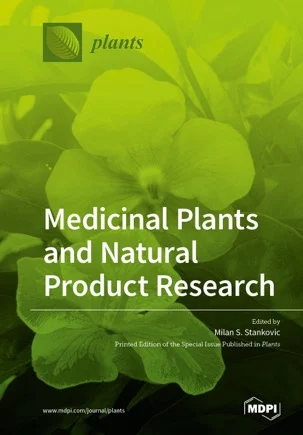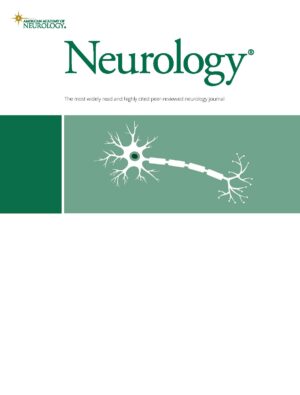Background
Cannabis contains hundreds of chemical constituents beyond delta-9-tetrahydrocannabinol (THC), which is believed to drive most of its acute pharmacodynamic effects. The entourage effect theory asserts that non-THC constituents can impact acute cannabis effects, but few empirical studies have systematically evaluated this theory in humans. This study assessed whether the cannabis terpenoid d-limonene mitigates the acute anxiogenic effects of THC.
Methods
Twenty healthy adults completed nine, double-blind outpatient sessions in which they inhaled vaporized THC alone (15 mg or 30 mg), d-limonene alone (1 mg or 5 mg), the same doses of THC and d-limonene together, or placebo; a subset of participants (n=12) completed a tenth session in which 30 mg THC+15 mg d-limonene was administered. Outcomes included subjective drug effects, cognitive/psychomotor performance, vital signs, and plasma THC and d-limonene concentrations.
Results
When d-limonene was administered alone, pharmacodynamic outcomes did not differ from placebo. Administration of 15 mg and 30 mg THC alone produced subjective, cognitive, and physiological effects typical of acute cannabis exposure. Ratings of anxiety-like subjective effects qualitatively decreased as d-limonene dose increased and concurrent administration of 30 mg THC+15 mg d-limonene significantly reduced ratings of “anxious/nervous” and “paranoid” compared with 30 mg THC alone. Other pharmacodynamic effects were unchanged by d-limonene. D-limonene plasma concentrations were dose orderly, and concurrent administration of d-limonene did not alter THC pharmacokinetics.
Conclusions
D-limonene selectively attenuated THC-induced anxiogenic effects, suggesting this terpenoid could increase the therapeutic index of THC. Future research should determine whether this effect extends to oral dose formulations and evaluate the interactions between other cannabis terpenoids or cannabinoids and THC.




